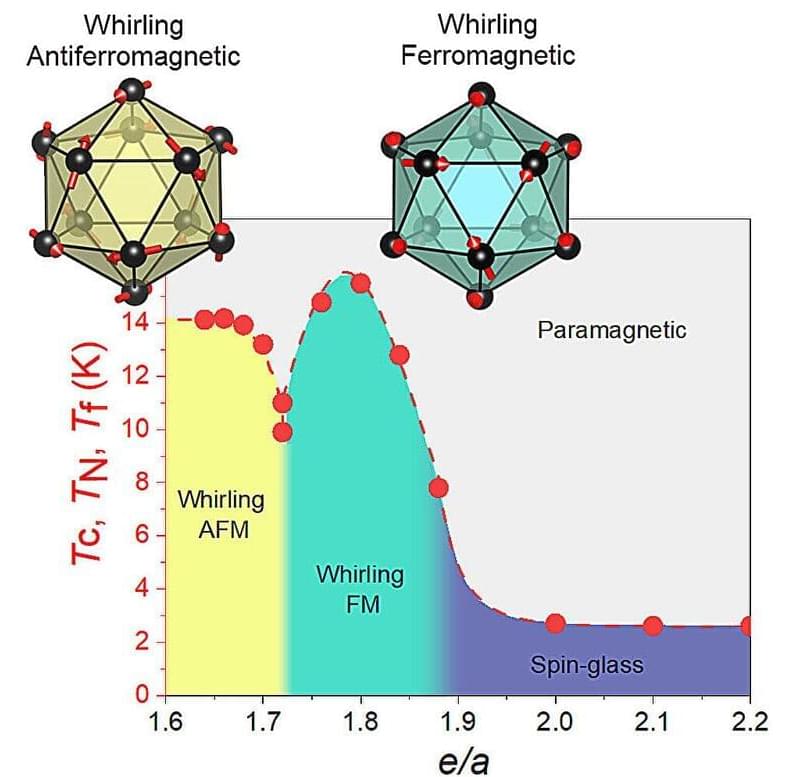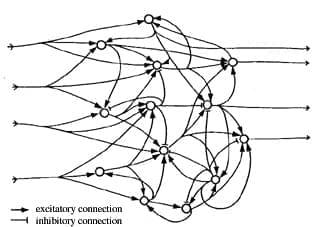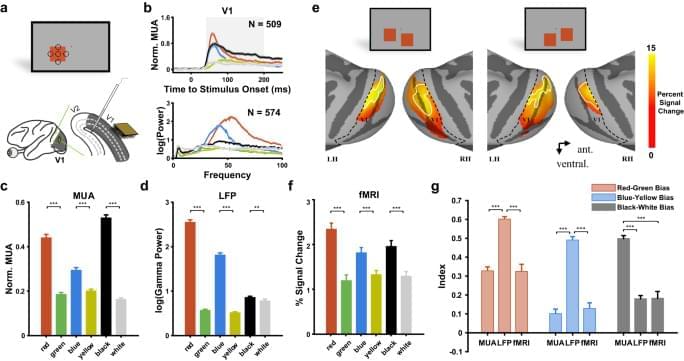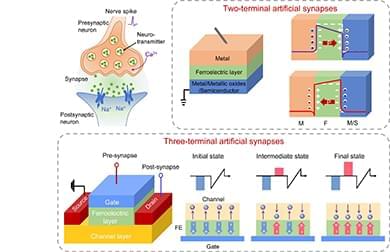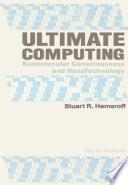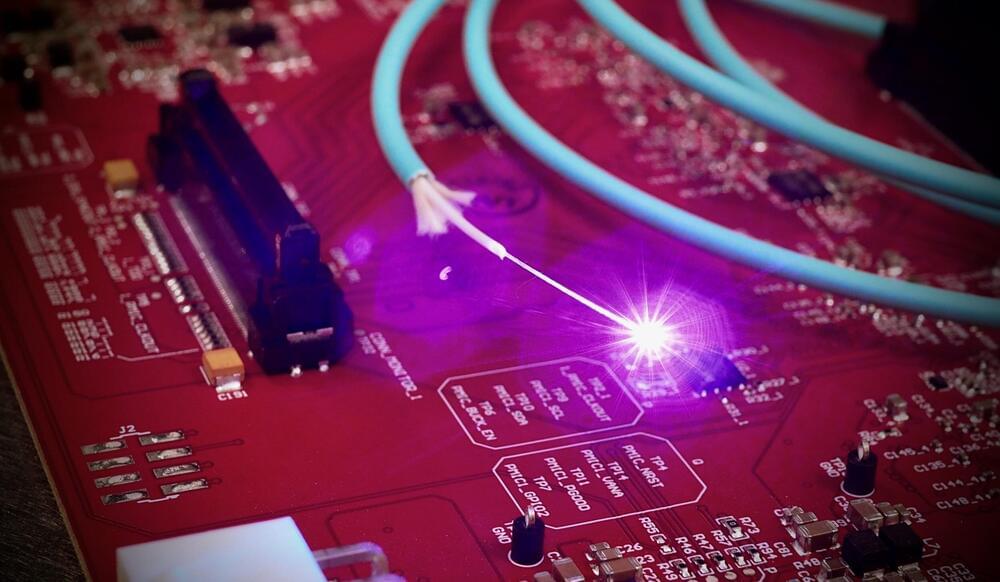On Thursday, OpenAI and ASU announced the first-of-its-kind partnership, which has reportedly been in the works for six months.
Students, professors, and researchers are set to get access to the tech in February. The university plans to build personalized AI tutors and avatars for students and expand its prompt engineering course.
In a press release, Arizona State University said the partnership would set a new precedent for how universities “enhance learning, creativity and student outcomes.”

